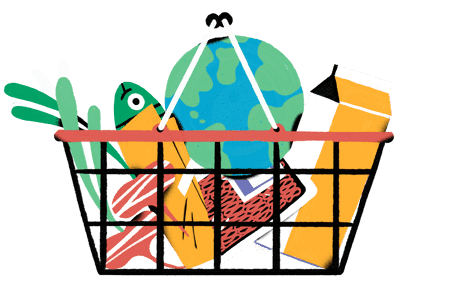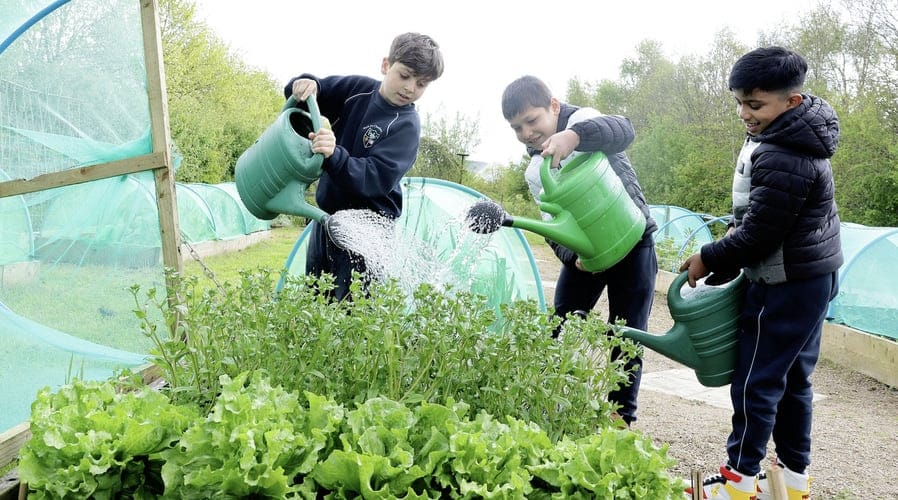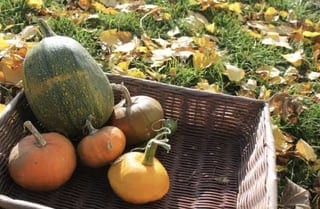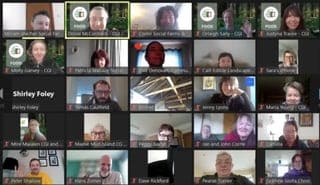Our team at Global Action Plan just LOVES food.
We love the food we eat, we talk about food, we include it in our unique climate challenges, and we grow food in our community gardens. And we love the multi-cultural food feasts we organise in our community garden!
We also love food because it is a key to solving so many of our planetary challenges.

When it comes to fighting climate change, for instance, one of the most impactful ways to help the planet is changing our food habits.
As our friends at GIY Ireland say, “Food production is responsible for almost a third of global greenhouse gas emissions, while habitat loss from allocating land for food production is the main driver of biodiversity loss. Globally more than 690 million people remain undernourished, while diet is the leading cause of mortality in the developed world.”
While food production is one of the key problems, it is also an accessible part of the solution.
- Producing meat and dairy releases a lot of greenhouse gases. By eating more plant-based foods like fruits, vegetables, beans, and grains, we can cut down on these emissions. Even small changes, like having meatless meals a few times a week, make a big difference.
- Raising animals for food uses a lot of water, land, and energy. It takes up to 20 times more land and 8 times more water to produce a kilo of beef than a kilo of vegetables. Choosing more plant-based foods helps us use these resources more efficiently.
- A lot of food ends up in the bin. Globally, about one-third of all food produced for human consumption is wasted, and the EPA estimates that Ireland generated 753,000 tonnes of food waste in 2021. Not only is the food never eaten, but all the energy and resources used to produce it are also gone. In industrialised nations, about 20-40% of food waste occurs at the production, harvest and processing stages, with a further 50% of total food waste occurs in households and retail settings. Consumers can reduce food waste by planning meals carefully, buying only what they need, and properly storing food to extend its shelf life.

At GAP we aim to help people of all ages connect to their food, their health and the health of the planet.
We want to give people the opportunity to understand the global food system, and discover how growing (some of) our own food gives us a better appreciation of the links between food, health and wellbeing.
If we have a better understanding of where our food comes from, and how it’s produced, we can make healthier choices, waste less of our precious food, and make more sustainable lifestyle choices.
Join the movement.
Contact us to find out what small food changes you can make.



